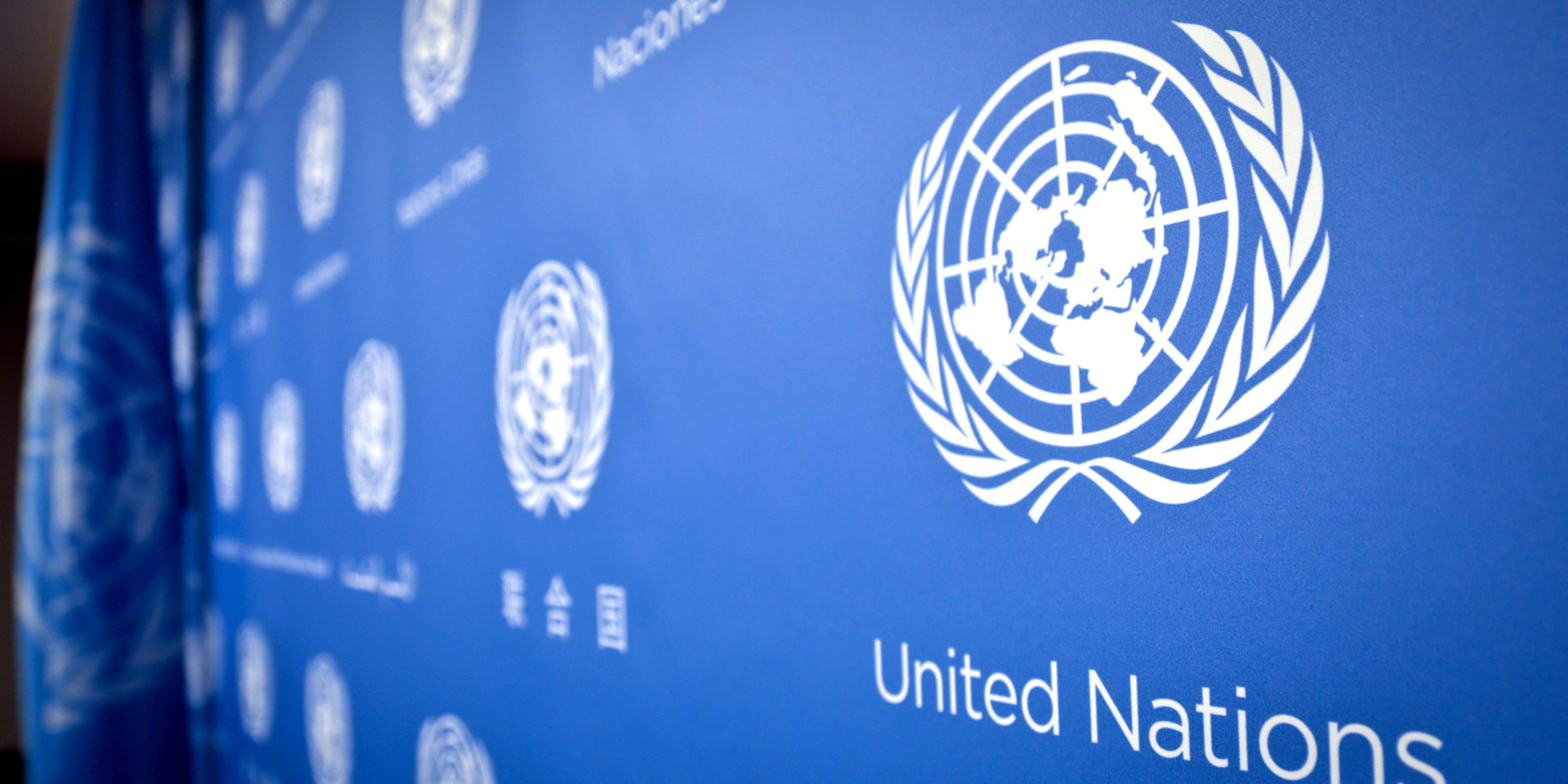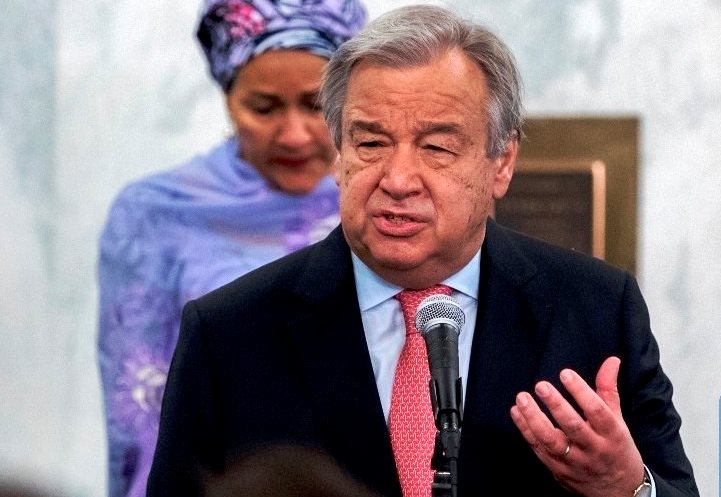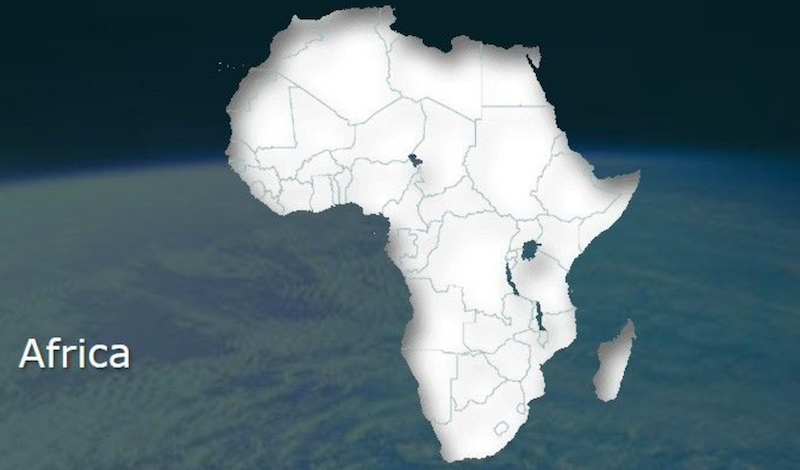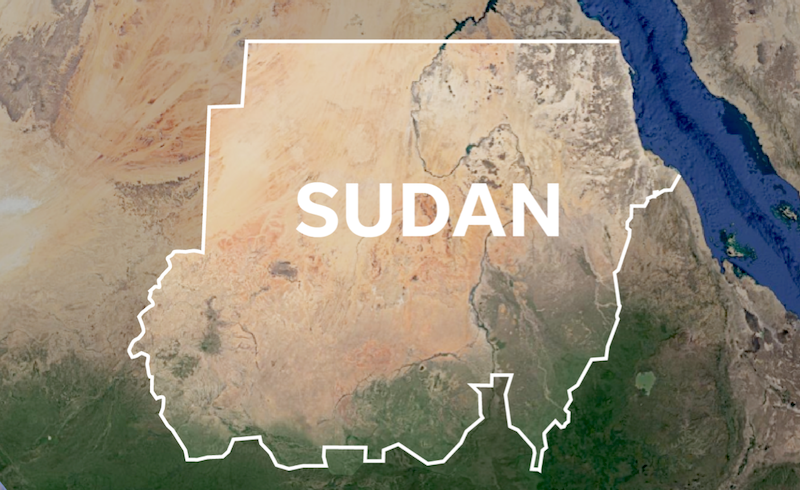UN High Commissioner for Human Rights Volker Türk, has said that the conflict in Sudan is taking an “even more dangerous turn for civilians.” Türk gave the warning in a statement on Friday.
His warning comes amid reports that dozens were brutally killed in ethnically targeted attacks in Al Jazirah state in the southeast.
This is also amid reports of an imminent battle for the control of the country’s capital, Khartoum.
The Sudanese Armed Forces (SAF) and a rival military, the Rapid Support Forces (RSF), have been fighting since April 2023 in what Türk called a “senseless war”.
As they “battle for control at all cost, direct and ethnically motivated attacks on civilians are becoming increasingly common,” he noted.
“The situation for civilians in Sudan is already desperate, and there is evidence of the commission of war crimes and other atrocity crimes.
“I fear the situation is now taking a further, even more dangerous turn,” he said.
In the last week alone, his office, OHCHR, documented at least 21 deaths in just two attacks on camps in Al Jazirah, located some 40 kilometres from the state capital, Wad Madani.
However, the actual number of attacks directed at civilians, and of civilians killed, are likely to be higher.
On Jan. 10, at least eight civilians were killed in an attack on Taiba Camp, and at least 13 women and one man were abducted.
Houses were burnt and livestock, crops and other property looted, while dozens of families were displaced.
The next day, at least 13 civilians were killed, including two boys, in an assault on Khamsa Camp.
The attacks came in the context of the recapture of Wad Madani by the SAF.
Reports suggest they were carried out by the Sudan Shield Forces led by Abu Aqla Keikal, a former RSF commander, who defected to the other side last October.
The attacks reportedly targeted the Kanabi, a historically marginalised group comprised mainly of Nuba and other African tribes.
Türk noted that the Sudanese authorities’ assurance that the attacks would be fully investigated and those responsible brought to justice, and an investigation committee has been established.
“Retaliatory attacks – of shocking brutality – on entire communities based on real or perceived ethnic identity are on the rise, as is hate speech and incitement to violence.
“This must, urgently, be brought to an end,” he said.
He said that OHCHR received three videos that document scenes of violence, including unlawful killings.
They were reportedly filmed in Wad Madani, with men in SAF uniforms visibly present.
In the videos, victims were dehumanised and denigrated as “Wassekh” (dirt), “Afan” (mould), “Beheema” (animal) and “Abnaa E-dheif” (bastards).
Summary executions were hailed by perpetrators as “Nadhafa” (a cleaning operation).
Serious concerns also persist for civilians in North Darfur.
There, ethnically motivated attacks by the RSF and its allied Arab militias against African ethnic groups, particularly the Zaghawa and the Fur, continue to exact a horrific toll.
Separately, some 120 civilians were reportedly killed and more than 150 injured in drone attacks in the city of Omdurman, on Jan. 13.
They were allegedly launched by the SAF on a market in the Ombada Dar es Salam square, an RSF-controlled area.
Türk reiterated his call for the fighting to end, and for the warring sides to uphold their obligations under international humanitarian law and international human rights law.
He also warned the proliferation of militia recruitment and mobilization of fighters – largely along ethnic lines – risks unleashing a broader civil war and inter-communal violence.
“The SAF and the RSF are responsible for the actions of groups and individuals fighting on their behalf,” he said.
He urged them to take immediate measures to ensure the protection of all civilians.
Such measures should include taking all feasible measures to avoid, or at the very least, minimise harm to civilians in the conduct of hostilities.
He added that prompt, independent, impartial and transparent investigations into all reports of violations and abuses were crucial.




